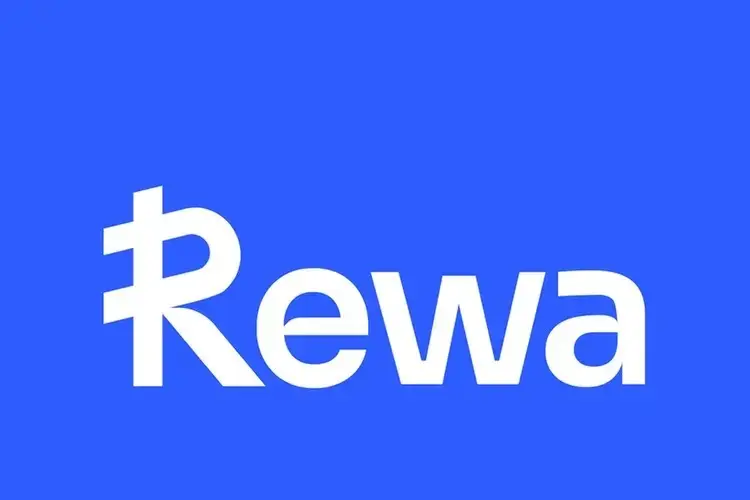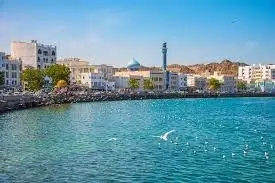A recent report by Arthur D. Little, titled “Situating Bahrain in a Future World: Opportunities for Foreign Investment,” has highlighted video games and renewable energy as key sectors for investment in Bahrain. The report underscores the country’s growing enthusiasm for gaming, particularly on mobile platforms, and its potential in the renewable energy market.
Bahrain’s video game sector is noted as the second fastest-growing in the Gulf, just behind Saudi Arabia. The report emphasizes the rapid growth of the video game industry across the Gulf Cooperation Council (GCC) countries and suggests that Bahrain could significantly increase its investments in this area. With significant investments in cloud services from major players like AWS and Tencent, Bahrain is positioned to leverage the booming gaming sector, particularly in cloud gaming, which benefits from the region’s strong mobile gaming market.
Additionally, the report highlights a cultural shift in the Middle East and North Africa (MENA) region, where gaming start-ups are on the rise, and game development is increasingly respected as a profession. Bahrain could capitalize on this trend by investing in game software development, studios, and gaming hardware.
Renewable energy also emerges as a sector with substantial promise. Over the past decade, investment in renewable energy in the MENA region has surged, reflecting efforts across GCC economies to meet energy efficiency targets. The report includes projections for installed and planned solar power capacity in the region up to 2035. With abundant solar radiation and coastal sites suitable for wind power, the MENA region is well-positioned to expand its renewable energy capacities.
The investment outlook for renewable energy is positive, with the UAE and Saudi Arabia already attracting significant interest. Bahrain could explore joint renewable energy projects with Saudi Arabia, such as solar installations along the King Fahd Causeway, positioning itself as a leader in managing decentralized energy grids.
In the financial services sector, Bahrain continues to be a major player, with assets totaling over $210 billion. This sector is the largest non-oil contributor to Bahrain’s GDP, accounting for around 18% in 2020. Despite the established financial services sectors in the UAE and Saudi Arabia, there is a need for greater transparency in commercial finance across the GCC. Bahrain could address this by creating a company to provide ratings for commercial finance transactions, potentially expanding these ratings globally. Leveraging blockchain technology could further enhance this platform.
Bahrain’s potential as a hub for real estate services in the GCC region is also highlighted. The country offers expertise in property management, digitization, valuation, transaction advisory, project management, and public financing services. Its favorable regulatory environment and extensive experience in the real estate sector, through organizations like the Real Estate Regulatory Authority (RERA) and the Survey and Land Registration Bureau, position it well for this role.
Manufacturing remains crucial for all GCC economies, with Saudi Arabia and the UAE investing heavily in the industrial sector. Bahrain’s strategy should focus on building upon its existing industrial base, particularly in aluminum. As one of the world’s leading aluminum smelters and the largest in the GCC, Bahrain is well-placed to expand its industrial capabilities.















